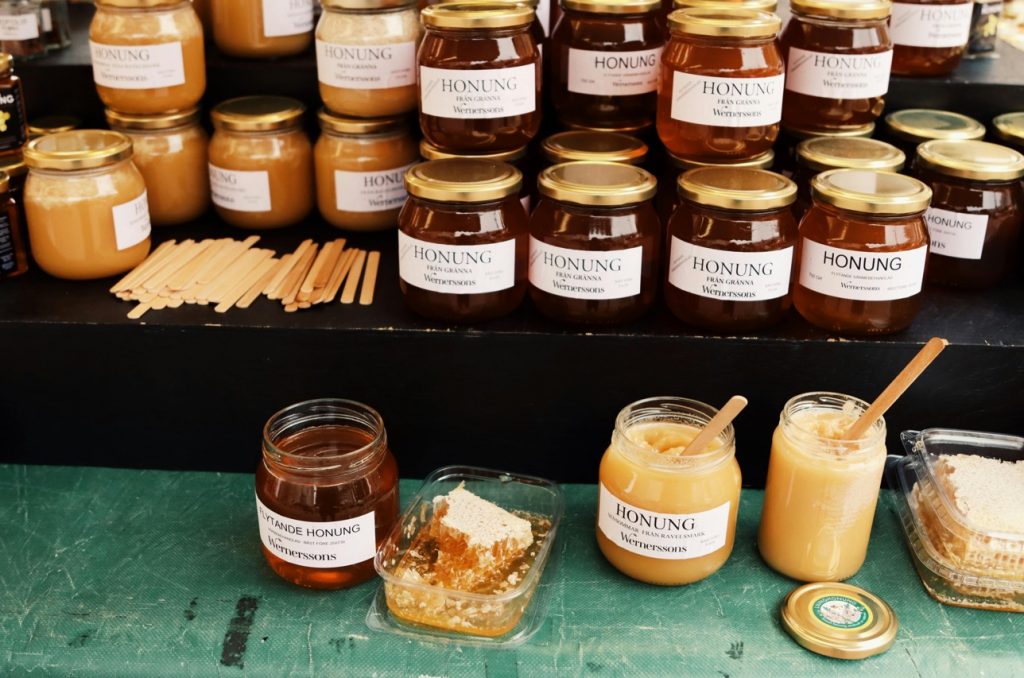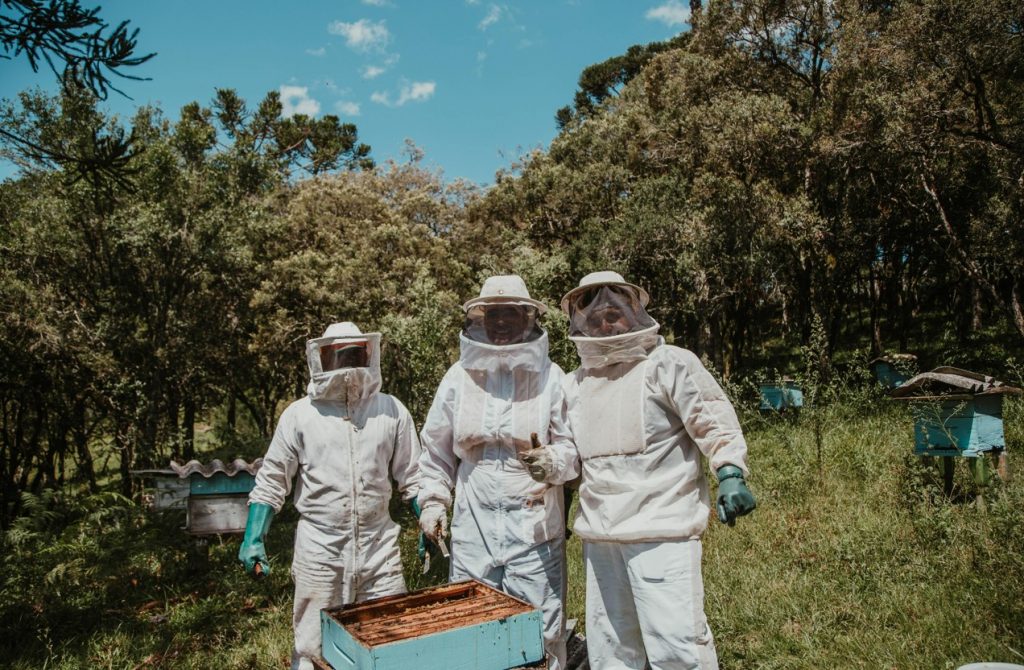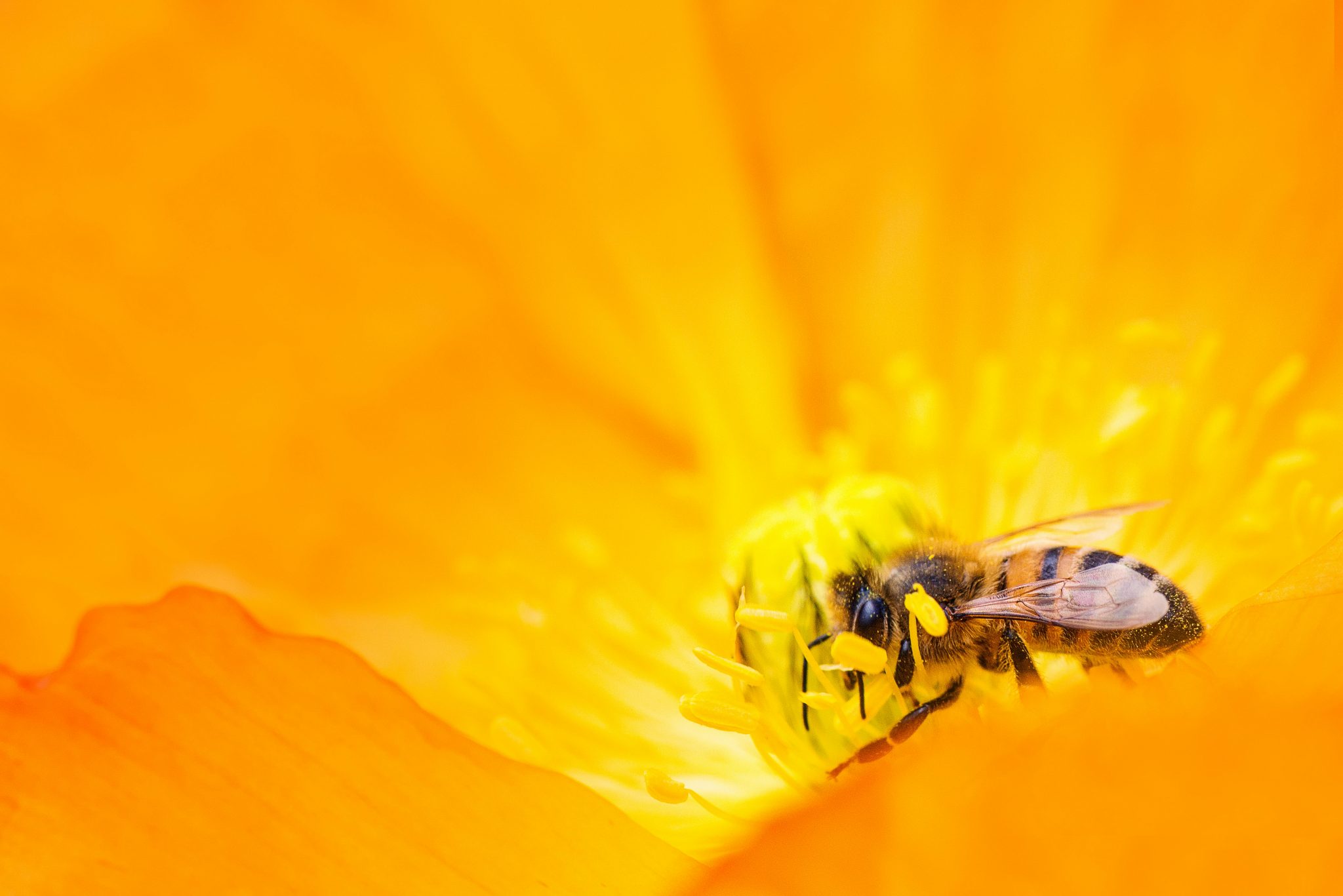You think your 9-to-5 is hard? Try working from sunrise to sunset, dodging pesticides, battling habitat loss, AND carrying your body weight in pollen—all without pay, breaks, or a single iced latte. I’m a worker bee, babe. I don’t sleep in. I don’t “circle back on emails.” I run an entire ecosystem on vibes and nectar. While you’re binge-watching reality shows and forgetting to water your plants, I’m out here making sure you have fruit, flowers, and—oh yeah—food. So, buckle up, because I’m about to take you through a day in my very tired, very tiny, very badass life.
It’s 6:00 AM and I’m already up—no alarm, just instinct and a heavy sense of responsibility. The hive is buzzing (literally) and I’m out the door, wings flapping, ready to chase flowers like your life depends on it (spoiler: it does). First stop? Whatever patch of blooms hasn’t been poisoned, paved over, or mowed into oblivion. I dive headfirst into petals, dodging wasps and rogue cyclists like an unpaid intern in a survival game. By 9:00 AM, I’m in full hustle mode, transferring pollen like it’s my side hustle and sipping nectar just to stay upright. I don’t get breaks. I don’t get lunch. I do, however, get a face full of chemicals every now and then, courtesy of your love affair with pesticides. And don’t get me started on air pollution making flowers harder to smell—how am I supposed to find brunch if everything smells like car exhaust?
Fast forward to 3:00 PM and I’m running on fumes, but still flying like my life (and yours) depends on it—which it does, again. I swing past a monoculture field: acres of crops, no flowers, and an energy that screams bee trap. I drop off my pollen haul back at the hive, do a quick wiggle dance to tell the others where the good stuff is (yes, I literally communicate via twerking), and head back out because the queen’s laying eggs like a machine and someone’s got to keep this place running. By 6:00 PM, my wings are aching, my legs are sticky, and my patience is as thin as a dandelion stem in a windstorm. I curl up in my waxy little bed, hoping tomorrow I won’t nearly die six times just trying to do my job.
So now that you’ve had your VIP tour of my chaotic, pollen-dusted life, let’s flip the script. You might not have wings (tragic), but you do have choices. And believe it or not, some of those choices could actually make my job less like a slow-motion apocalypse. Want to be less of a villain in my origin story? Here’s how to get on the right side of the buzz.
- Plant native wildflowers, not boring grass: You humans really love your sterile green lawns, huh? But guess what—your perfect patch of grass is basically a food desert for me. If there aren’t any flowers, there isn’t any nectar. And I can’t survive on vibes alone. Instead of obsessively trimming every inch of your yard, let it go a little wild! Plant native wildflowers, let clover do its thing, and let those dandelions live. They’re not “weeds” to me—they’re breakfast, lunch, and dinner.
- Say no to pesticides (seriously): Neonicotinoids, herbicides, fungicides—y’all are basically running chemical warfare on the very insects keeping your food alive. I take one sip from a “treated” flower and suddenly I can’t remember how to get home. That’s not just rude, it’s catastrophic. You want to garden like a grown-up? Start using natural pest control—things like neem oil, ladybugs, and companion planting. Less “toxic wasteland,” more “eco-fabulous.”

- Buy local honey from ethical beekeepers: Not all honey is created equal. Some mass producers keep bees in pretty brutal conditions, overharvest their honey, and load them up on sugar water (ew). If you’re going to dip your toast in my life’s work, at least buy local, raw honey from ethical beekeepers who love their bees like royalty. You’ll taste the difference, trust me. And you’re also helping keep small, sustainable apiaries buzzing.
- Shop organic and bee-conscious: You might think organic food is just a bougie trend for farmers’ market hipsters—but for me? It’s literally the difference between life and death. Organic farms avoid the chemical cocktails that are wiping out bee populations left and right. They also tend to be more diverse, which means better food sources and habitats for my friends and me. Look out for organic certifications (like the Soil Association label in the UK) and Fairtrade products. These often come from farms that are actually doing the work to protect biodiversity—not just faking it with a green label and a leaf logo. And if you want receipts (aka more info), buzz on over to: Soil Association

- Be loud about bees: You’ve got TikTok, Instagram, group chats, and entire Reddit threads to argue about oat milk—so why not use that same energy to save me and my fuzzy little friends? Post wildflower selfies, drop bee facts, start a petition to get your uni or local council to ban bee-toxic pesticides, or just share this blog with someone who still thinks bees are scary (rude). Education and awareness actually change things—policies, shopping habits, and public pressure all start with conversation. I can’t tweet, but you can. Head over to The UK’s bumblebees are in crisis – Bumblebee Conservation Trust and get tips, campaigns, and volunteer opportunities to help protect the UK’s rarest bumbles
- And if you’re feeling crafty—build me a home but do it right: Solitary bees—aka the introverts of the bee world—don’t do hives. They need little hidey-holes in wood, stems, or soil to lay their eggs. That’s where bee hotels come in. But before you hot glue some bamboo sticks together, do your homework. A poorly made or unmaintained bee hotel can actually harm bees by spreading mould and parasites. Use untreated wood, keep the tubes horizontal and dry, and clean it out once a year to keep things safe. Oh, and don’t stick it in full shade—we like the sun, too.
So, here’s the real buzz, humans: bees aren’t just cute little fuzzballs making honey to sweeten your tea. We’re the unsung heroes of your food, your gardens, and the planet’s health. Without us, say goodbye to almonds, apples, coffee, and basically anything that needs flowers to make it happen. If you want your future breakfasts, snacks, and even your favorite beverages, you need to have our backs.
It’s not rocket science—plant some flowers, ditch the pesticides, shop smart, and maybe build a cozy little home for your new six-legged besties. If you start doing even one of these things, you’re already a legend in my book. And hey, if you want to dive deeper, get involved, or just geek out on all things bee, hit up those links I dropped earlier. Because the buzz doesn’t stop here—together, we can make sure the world stays sweet, sticky, and buzzing for generations to come.
Bee brave. Bee bold. Bee the change.
By Amitheesha Ganesh, SGO Projects Officer
 Sustainability
Sustainability Bethany Climpson
Bethany Climpson 1051
1051



what a buzzingly brilliant blog about the busy bustling life of the bee. Thank you for highlighting the importance of these busy little bugs!